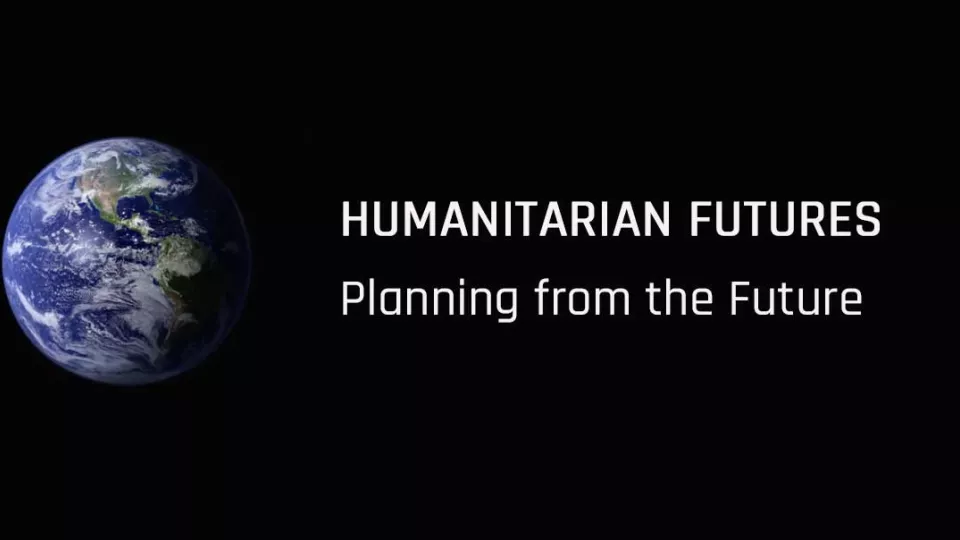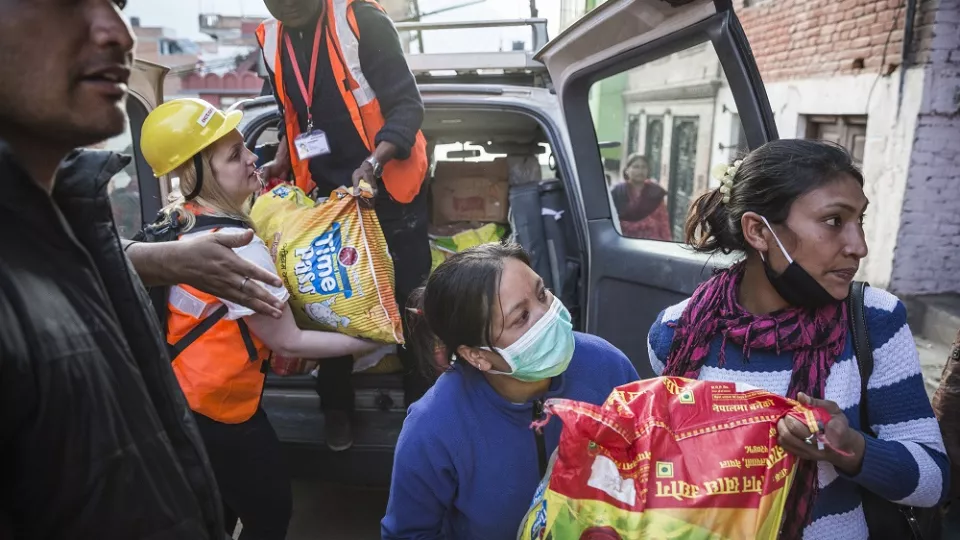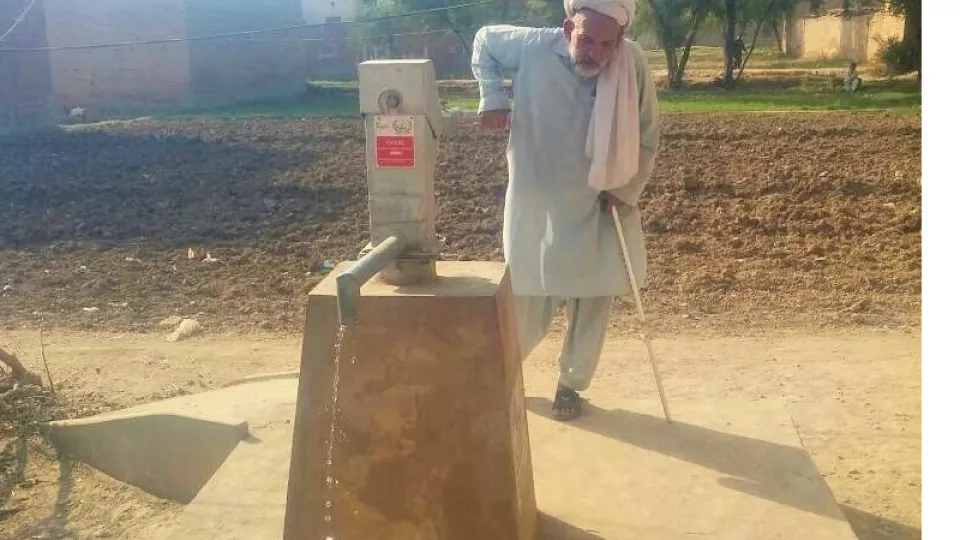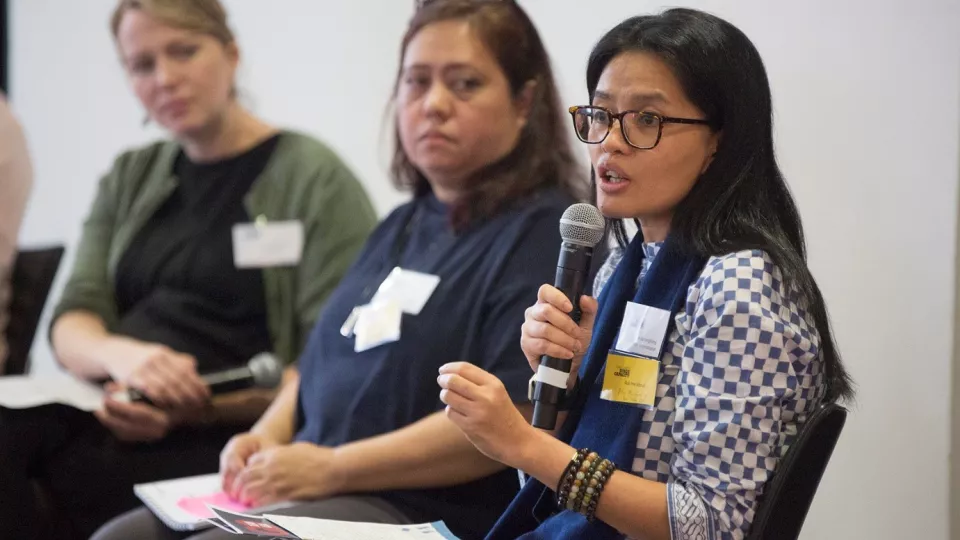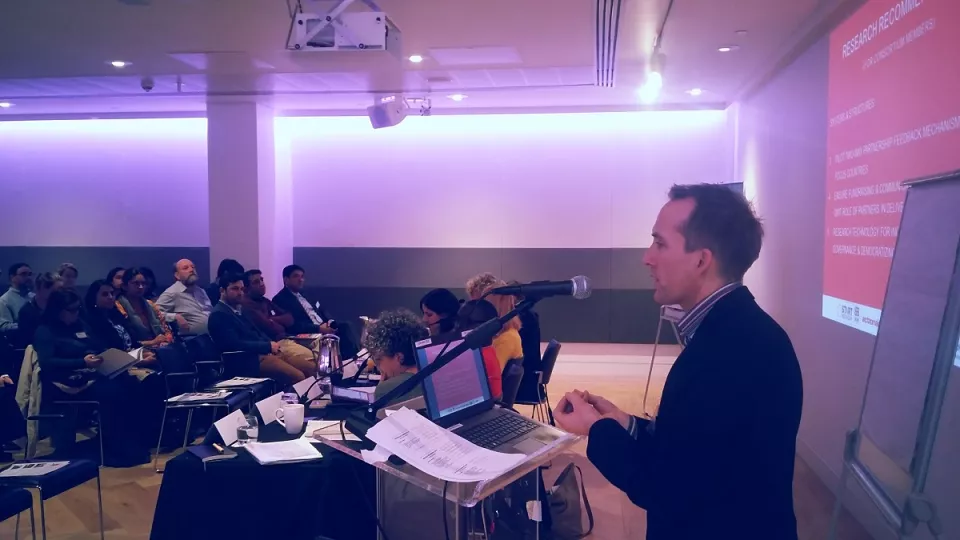In December an outbreak of diphtheria was reported in Yemen, another blow for people living in a country already experiencing the world’s worst humanitarian crisis.
News and blogs
Humanitarian Futures has launched its new website, www.humanitarianfutures.org, to help people meet humanitarian capacity challenges of the future.
I am finishing this year with a profound sense of urgency and purpose. Our turbulent world, with escalating dimensions and dynamics of humanitarian crises, needs more and better capability to manage and respond to crisis risks.
By David Wastell.
Haben Habteslasie is the Advocacy and Communications Advisor for the Disasters and Emergencies Preparedness Programme. Part 1, "Building the roadmap to 2030" and part 2, "Shifting the power to local and national NGO's" from the series - Reflections…
Haben Habteslasie is the Advocacy and Communications Advisor for the Disasters & Emergencies Preparedness Programme The typical and historic scenario when disaster strikes is that big international aid agencies travel hundreds of miles to help…
Atif Sohail has more than 9 years of experience in programme management and monitoring and evaluation in emergencies (in Pakistan). Previously he was working with Muslim Aid Pakistan and is now working with Christian Aid to manage their response in…
Start Network's Hara Caracostas reviews how the Migration Emergency Response Fund (MERF) has met the complexities of the mixed migration crisis and how this affected the implementation of a rapid response mechanism.
The Start Network has launched a new video outlining a new way to think about localisation, the video aims to show a practical structure that could improve the position of local organisations within international aid.
Start Network’s David Jones discusses the fundamental needs for localisation within the sector.
Start Network’s Luke Caley discusses the progress of the Start Fund Crisis Anticipation Window, one year on from its launch.
Michaela Larson says the answer to how we can help the world’s poorest populations become more resilient following a crisis, is an obvious one – we give them cash.


